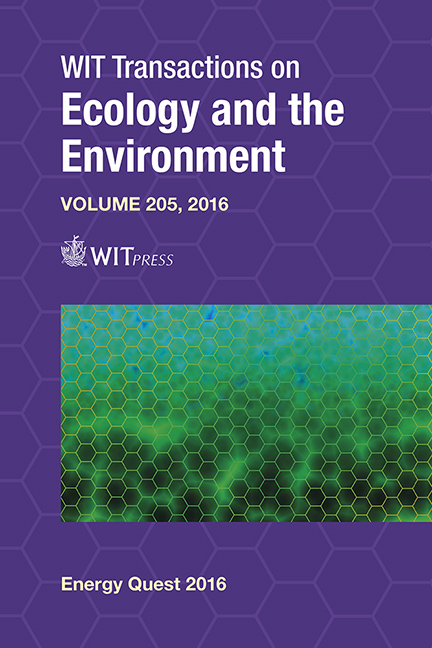Turbocompound Technology On Hybrid Power Trains: Urban Buses Take Inspiration From F1 Power Units
Price
Free (open access)
Transaction
Volume
205
Pages
12
Page Range
179 - 190
Published
2016
Size
389 kb
Paper DOI
10.2495/EQ160171
Copyright
WIT Press
Author(s)
J. Dellacha, M. Repetto, M. Passalacqua, D. Lanzarotto, A. Pini Prato
Abstract
The huge boom in the automotive industry, as well as increasing attention for energy saving and reduction of pollutant emissions, has prompted research on developing new propulsion systems. This paper aims to highlight the results obtained by studying a hybrid propulsion system based on turbocompound technology. As the vehicle powertrain has never been changed in the past, and attention was always oriented to the single component, it is now possible to realize new powertrain architecture and to define power flow control algorithms thanks to the introduction of electro-technologies.
By means of this analytical approach, that sees the matching motor-vehicle from a holistic point of view, it’s possible to design the components of the propulsion system, in order to maximize the average effective efficiency of the global powertrain. Firstly, the motorsport system adopted by the F1 cars is analysed. Secondly an evaluation of the energy saving achievable in the heavy transport is shown (12 m urban buses) applying this kind of technology. Ultimately, in order to quantify further improvements, the traditional storage systems (lead-acid batteries), have been replaced by lithium-ion batteries and supercapacitors.
The entire study has been conducted thanks to the development of different mathematical models, implemented on the dynamic simulation tool MATLAB/Simulink. Many simulations compare the conventional powertrain with the hybrid parallel and series architecture, others compare the performances of different storage systems. The results show the significant potentialities of the hybrid series structure (versus the parallel structure) if applied to urban buses: in addition, the series hybrid bus could halve consumption and take the overall efficiency of the powertrain to 18% versus 8% of a conventional bus, thanks to the use of turbocompounds. The turbocompound contribution to the energy saving (4–6%) is compliant with the bibliography.
Besides, the study shows that further improvements can easily be achieved, both from the charge/discharge efficiency rate standpoint, and from the power flow intensity absorption, by replacing traditional storage systems with supercapacitors.
Keywords
turbocompound, hybrid buses, battery, supercapacitor, energy efficiency





